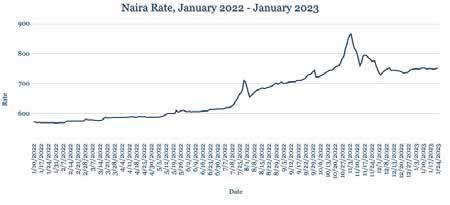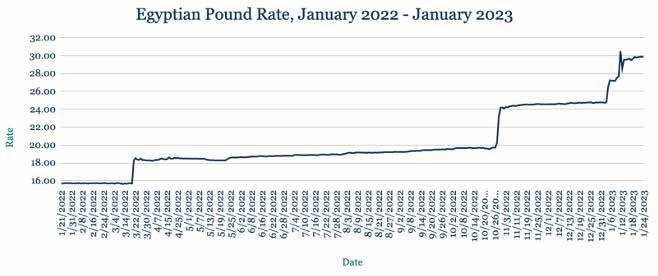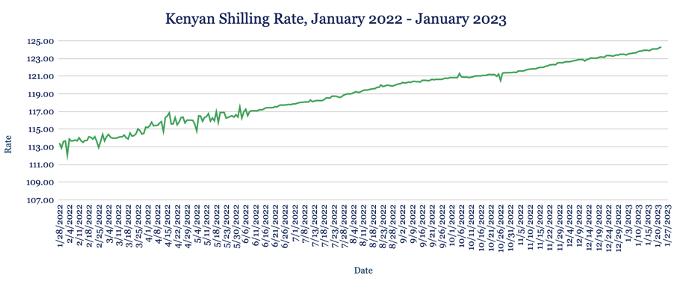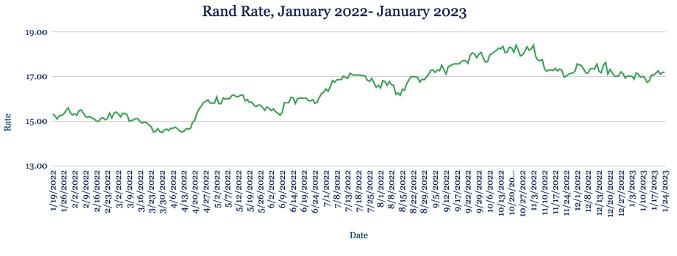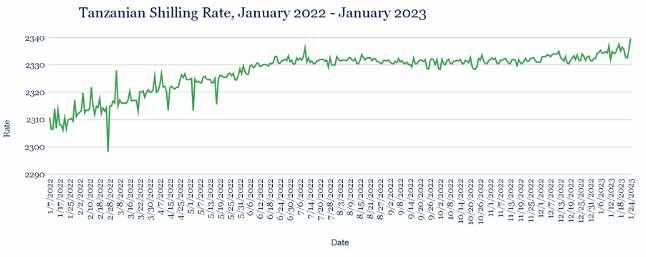
2 minute read
GTS, MASLOC Reagional Manager to spearhead economic projects in UpperWest Region
One of the topmost Israeli-owned technology rms in the world, Gulf Technology Systems (GTS), and the Upper West Regional Manager for Micro nance and Small Loans Centre (MASLOC), Abdul Aziz Moniesson Suleman, are set to spearhead a number of Economic Growth projects in the Upper West Region.
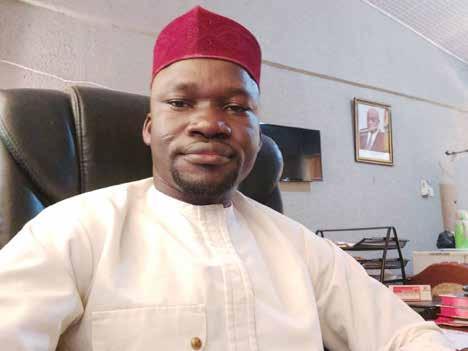
Advertisement
The collaboration between GTS and businessman Abdul Aziz Moniesson which is to be carried out in partnership with the Upper West Regional Coordinating Council shall focus on various projects in sectors such as energy, agriculture education, energy and industrialization.
The economic growth projects are to be undertaken within a number of communities in the region which is one of the breadbaskets of Ghana.
Abdul Aziz Moniesson Suleman agreed to collaborate with Gulf Technology Systems on agricultural and industrial projects in the upper West Region of Ghana.
A full economic growth program was signed by Abdul Aziz Monies son Suleman and Gulf Technology Systems and renowned Israeli businessman, Samuel Shay.
Among other things, which is set begin in due course, seeks to take agricultural production in the Upper West Region into a new phase, maximize the yield and the use of existing crops and industrial ize the agricultural sector to process the crops for added value with full renewable energy program and education and train ing plan.
The partnership is to begin with initial two projects which shall focus on Moringa , Casava, Ginger, and other existing crops in the region follow with full educational and training program.
Each project under the partnership employment reasons.” Ultimately, the GHS was urged to commend its sta for exhibiting top-rate professionalism during the vaccination exercise.
Going forward
Whilst it might seem that there is no imminent danger of a full-blown resurgence of the pandemic, there remains the possibility of mutation. Already, two subvariants of the omicron’s BA.5 strand – BQ.1 and BQ.1.1 – which emerged recently have both been described as “dangerous” and “qualities or characteristics that could evade some of the existing interventions,” according to a top US health o cial, as reported by its media. Furthermore, the adoption of these recommendations would prove useful in the event of the outbreak of other illnesses. The threat of Ebola, Lassa fever, Marburg, and other severe respiratory diseases hangs over local healthcare systems almost in perpetuity. With the possible socioeconomic disruptions that a resurgence of COVID-19 or a similar pandemic would pose, the guidance provided in SEND GHANA and PTF’s survey must be implemented as a matter of urgency. manufacturing the raw crops into products.
The aim of the collaboration is not only to improve agricultural production in the Upper West Region, but also to keep as much of the processing stages locally, thus keeping most tion of the land needed for facto ries, eld plantations, transportation and handling as needed.
The Upper West Region of Ghana is well-known for its local resources and ability to support major
